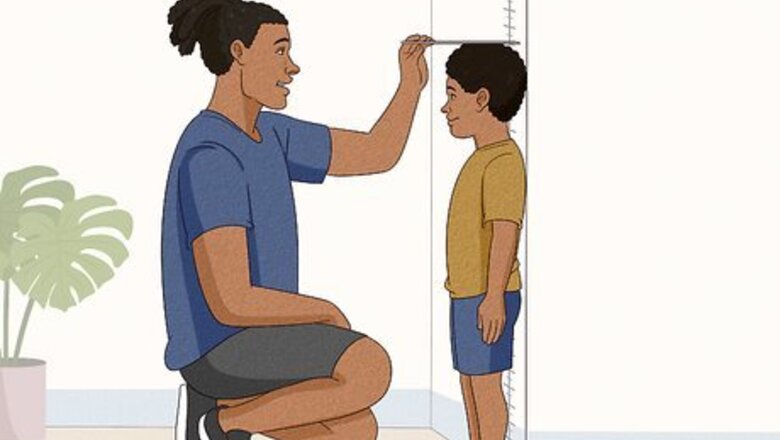
views
Staying Positive
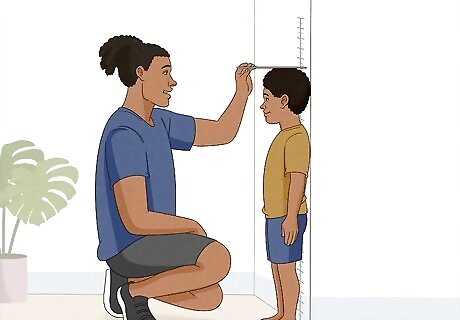
Check your height. If you don't know if you grew recently, stand with your back facing an empty wall. Call someone to help check and mark your height. Do this every few months or so, and see if the mark is taller the next time you check. You may want to check more often if you are at the age of a growth spurt. Growth doesn't happen overnight, so be patient. You don't need to check your height every day. It will come naturally; you may have grown an inch or two since your last measurement! It may also help to check your weight to see if it is still proportional to your height.
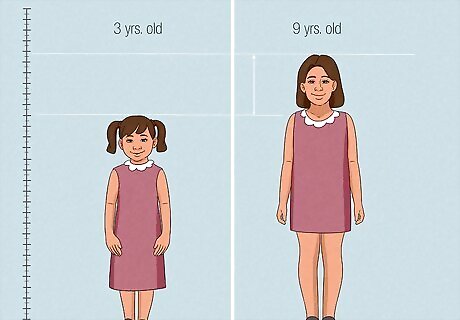
Know that if you are a kid (ages 3-9), you will probably still grow. It may seem like forever until you gain a few centimeters or inches, but your body will still produce enough growth hormone for you to become your adult height. It is very unlikely that a kid will suddenly stop growing. So, keep up your good habits to encourage your body to grow. Exercise. This gives your lungs and heart a workout. It also helps you gain muscle strength. Try jump-roping or stretching to grow taller. Eat healthy. Keep sweets and junk food to a minimum after a meal. Eat vegetables, especially leafy greens (kale, bok choy, cabbage, spinach, etc.), which contain healthy minerals and vitamins for your body. Sleep well. Kids aged 6-11 years old need 10-14 hours of sleep. Younger children (toddlers) need a nap or two. Teenagers (13-18) need 8-10 hours of sleep to be well rested.
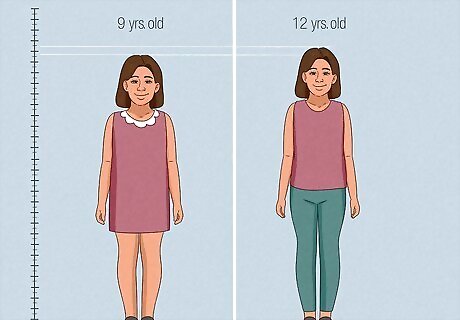
Know that if you are a preteen/tween (ages 9-12), you may suddenly shoot up in height. Most kids have what is called a growth spurt. You actually get multiple growth spurts from when you are a baby to when you are a teenager, but this one lets you grow for the longest time. This is when your body starts to produce a lot of growth hormones for you to grow until your adult height. So, you may outgrow your clothes and shoes quickly. This is a sign of puberty starting, as well as pubic hair growth. Females will have genital and breast development. You will need to buy a training bra for your breasts. Males will also have genital growth. Females usually develop earlier than males, so you will probably grow as a preteen. Some females grow as teenagers too, so don't get discouraged if you are still short in your class. Males usually grow in the years of late middle school to high school (12-16), so you may have to wait for your growth spurt if you are a late bloomer.
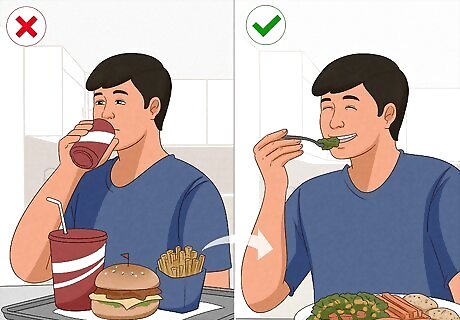
Change up your habits in order to grow for longer and earlier during the ages of your growth spurt. Occasionally, a health condition may delay your growth spurt. If you can make changes to your routine, change some bad habits in order to make your body healthier. Your doctor will tell you if you have a deficiency using a finger prick test to collect a small drop of blood. You will need to eat certain foods to combat vitamin deficiencies. For example, if you have a vitamin D deficiency, you'll need to eat a variety of healthy foods and get enough sunlight. A vitamin D deficiency causes weak bones and muscles. Eat additional foods for mineral deficiencies. For example, if you have low iron levels, eat multiple types of leafy greens. If you can, eat fish such as salmon. An iron deficiency causes shortness of breath, fatigue, and paleness. If you are underweight, you may have a delayed growth spurt and delayed puberty altogether. Talk with your doctor about your condition and what to do to treat it. If you have a condition like diabetes or cystic fibrosis, that may slow your growth too.
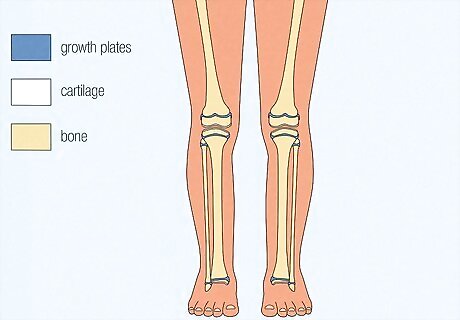
Understand that if your growth plates have closed, you won't grow anymore. Your doctor will see if your growth plates have closed by taking an X-ray of your wrist. If the ends of your wrist bones (your growth plates) and your wrist bones themselves have fused (meaning there's no separation between them), your growth plates have fused. So, you won't be able to grow anymore. This usually happens near the end of puberty, between ages 12-17. Females have growth plates that close earlier, during ages 12-15. If your plates closed before high school, you may envy others who are well into their growth spurt and are still growing inches taller than you.
Going to the Doctor
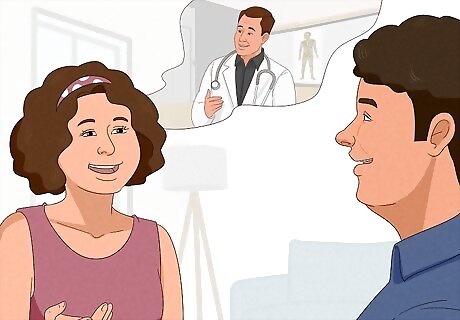
Tell your parents to schedule an appointment with your doctor if you are growing very slowly compared to previous years. If you are still a kid, growing very slowly (less than 2 inches or 5.08 centimeters) per year now, there may be a problem in your body that needs to be fixed. You could have a hormone deficiency or another condition that needs to be treated for you to grow healthily. Say something like, "Dad, I've recently discovered that I haven't grown for a couple of months." or "Aunt Hannah, I have become from one of the tallest kids in my class to one of the shortest. I think there is something wrong with my body."
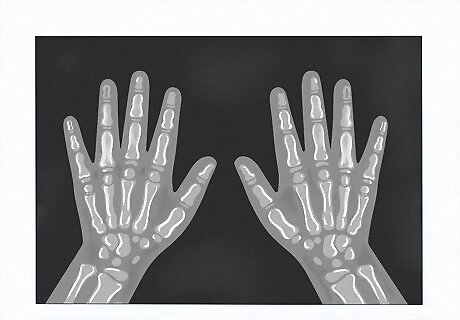
Know that your pediatrician may request an X-ray. Your pediatrician may request an X-ray from an X-ray technician to check your bone age. This is how old your bones are, and they may not align with your actual age. For example, you may be 11 years old but have a bone age of 9 and a half years or 12 years. A bone age that is at least 2 years less or more than your actual age may indicate a growth problem.
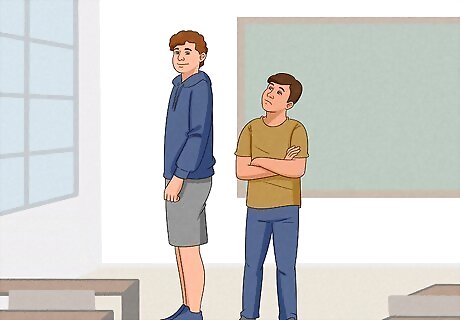
Tell your parents to schedule an appointment with your doctor if you don't have a growth spurt. Most kids should get a growth spurt between the ages of 11-15. This causes preteens to shoot up many inches in height and end up at their final adult height after 2-5 years. Some end up half a foot taller than their height originally. But, some kids may not have that boost of height, and they end up shorter than most of their classmates. Sometimes, a medical reason causes this. If you had a chronic illness or had bad nutrition, this may decrease your growth hormone. Your parents may be concerned about your height, as you may still be shorter than both of your parents as a teenager. They may take you to an endocrinologist, someone who checks the conditions of the endocrine system. If you want to see a doctor for your height, say something like, "Mom, I'm only 4 ft 10 inches; most of my friends grew many inches over the summer, and they're now past 5 feet. I feel like I need to see a specialist about this."
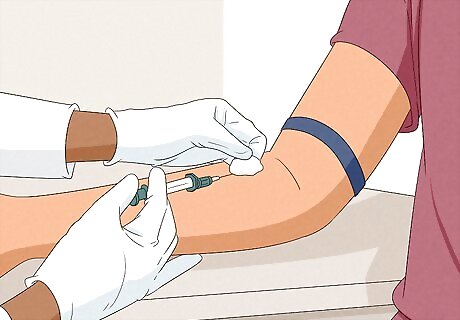
Understand that your pediatrician may recommend a blood test. A blood test can determine if you have enough growth hormone in your body. After this, you may get an IV with medicine stimulating growth hormone. Blood may be drawn several times over 2-5 hours to see if growth hormone increased in your body. Blood tests may seem scary, but it will be over quickly. Take deep breaths and bring a small comfort object if you need to. You may also listen to calming music through a device. Don't look at the needle when it goes in, as that will scare you more and make you overthink. If you are terrified of blood, stare at something else, like the ceiling or a poster in the doctor's office.
Coping with Your Short Height
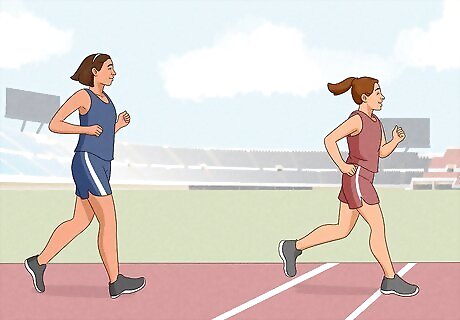
Understand that height is not everything. As a kid, you may be shorter than average in your entire grade level. If you are a teenager, you may be shorter than the adults around you. But, in the end, you will live as long as a tall person does. Being short won't affect your school life or your career as much as you think. Plus, there are a lot of benefits to being short. For instance, you won't have to slouch and bend your back to talk to kids. Many short people also have better endurance than tall people (whose hearts have to pump blood further away to their extremities), so you may run faster than a lot of your friends. If you like playing hide and seek, you can easily hide in small places, like a closet or between bookshelves. You won't need to duck while entering a short door or a short room. People might think that you are younger than your actual age. This may be annoying when you're a teenager since people still mistake you for a 10-year-old. But, when you are an adult, people may still think you are 20 years old when you are past that age.
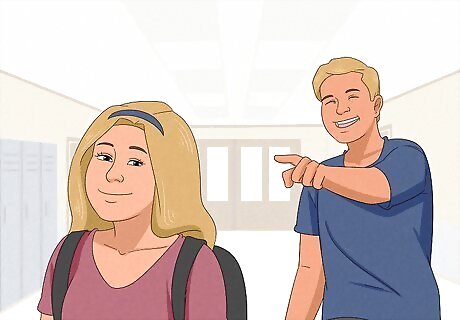
Deal with bullies who make fun of you because of your height. There are still immature or mean people out there who make fun of you because you are short. People at school may treat you like a little kid instead of your actual age. They may constantly talk about how little and short you are, leading to hurt feelings. While you can't get rid of these people, you can learn how to deal with them. Ignore them. If it's just occasional comments about your height or slight teasing, you don't have to do anything. Don't overreact; this may cause you and them to argue. Call them out. Ask them why they care about your height so much. You can also list some positive benefits of being short. Then, politely tell them to stop. If they are "repeated offenders" of your boundaries, firmly (but don't yell) tell them to stop, or else you will report them. Report them to an authority figure. Whether that's a parent or a principal, go to them and state your feelings about what happened.
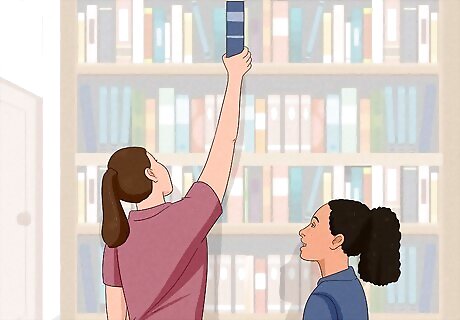
Ask a person taller than you to help with physical tasks. For example, if you cannot reach a book from the highest level of a bookcase, ask a tall friend or classmate to help. When you can't reach the pull-up bar in the park, see if there is anyone around that can help you. Don't be embarrassed- everyone needs help sometimes, and you can't always do things independently. Definitely ask someone for help if you need to reach something very high. You may fall and injure yourself if you attempt to climb a chair or table while reaching for it.
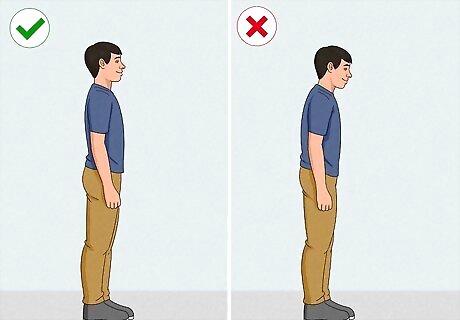
Maintain your posture. Maintaining your posture, especially for a short person, can make you look taller. Stretch out your body horizontally and vertically to maintain your actual height. Slouching will make you look many centimeters shorter than how tall you actually are. Don't slouch when using the computer; sit straight in your chair, with your back resting on the back of the chair. Don't bend your neck while looking at your phone; this causes your neck to bend downwards at an unnatural degree. If you continue doing this for too long, it will cause pain in your neck and posture problems. This is called "tech neck". Nowadays, more and more people are getting this. When standing up, stand up straight with your shoulders not too forward and not too backward; they should sit in a neutral position. Stand with your back against a wall every now and then to correct your posture.











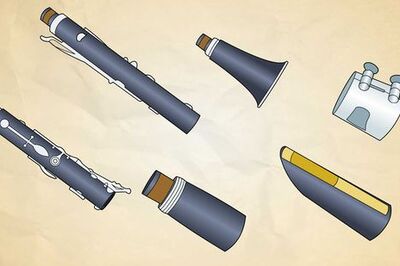

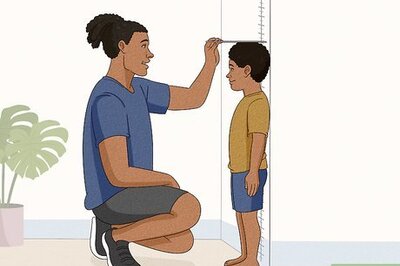

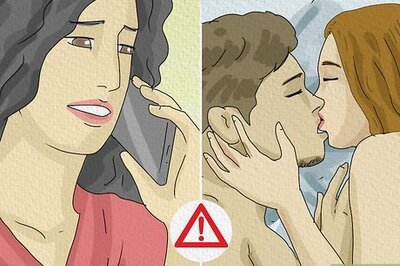



Comments
0 comment